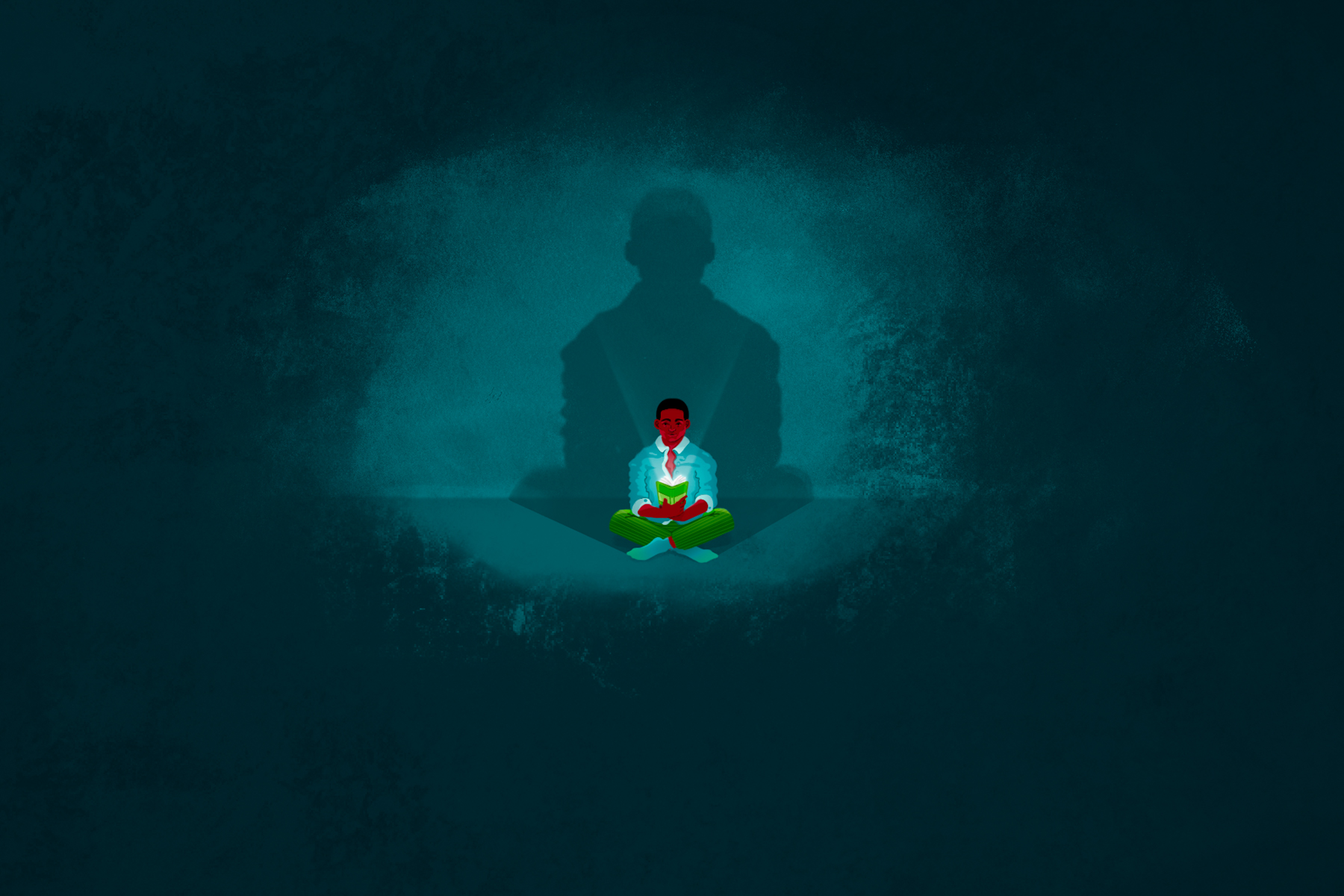
- Home |
- Search Results |
- Books to read if you’re feeling lonely
With so much grief and isolation over the past couple of years, many have had to readjust to socialising, rekindling friendships and other social connections after years out of practice. If you’re feeling a little cut-off from the world, you definitely aren't, well... alone. There is comfort to be found in literature’s portrayals of isolation, too.
It's a subject authors have long dwelled upon. Writing is, after all, an inherently solitary activity; even those authors blessed with supportive partners, agents or friends will manage to bore them with trials and triumphs of their typewriter sessions eventually. Cut-off characters proliferate among the classics too – To Kill a Mockingbird’s Boo Radley, Dickens’ nuptials-obsessed Miss Havisham and Silas Marner, the avaricious weaver of George Eliot’s creation – not that it would be particularly wise to copy any of them.
The perils of self-isolation are shown all the better for the way they can be remedied by kindness
Instead, narratives that show how insight and epiphanies can emerge from spending time alone may help. There is hardly a happy ending to Chinua Achebe’s groundbreaking masterpiece, Things Fall Apart, but it nevertheless offers a worthwhile examination of the impact of exile on its central character, Okonkwo, as well as the wider, more long-lasting devastation of colonialism.
More children’s books tackle loneliness and isolation than one might expect, but in Ursula Le Guin’s The Tombs of Atuan – the second of her tales of Earthsea – the perils of self-isolation are shown all the better for the way they can be remedied by kindness; a reflection of how people have reacted to lockdown, if ever there was one.
For those who are secretly relishing long, isolated nights or, indeed, gloriously commitment-free days, perhaps a prescription of Ottessa Moshfegh’s My Year of Rest and Relaxation may be an astute choice. The Booker Prize-shortlisted Moshfegh has long honed her depiction of strangely isolated characters, but in this bestseller she subjects her narrator to a year-long hibernation to better see the life she left behind.
Of course, plenty of authors have written about their own isolation, too. But one memoir that offers a surprisingly resonant take on the matter is Modern Nature, by Derek Jarman. The book compiles the artist’s diaries from Prospect Cottage, a fisherman’s hut on Dungeness in Kent, to which he retreated after being diagnosed with HIV in the last decade of his life. It is intriguing and beautiful to read about his changing relationship with the vast expanse of space that surrounds his new home, how he longs for it and, at times, finds it deeply lonesome, showing that isolation is never one solid state of being.
I’d argue that this would be a sage time to delve into some non-fiction, too. Try Michel de Montaigne for starters. In the mid-16th Century, the French lawyer decided to retire at 38 to lock himself in a tower in his family chateau and write. What emerged shaped the modern essay and inspired subsequent greats such as Shakespeare and Voltaire.
Turn your attention to On Solitude. Here, Montaigne posits solitude as a kind of higher grace, something of the mind rather than a physical state, which – once achieved – will allow us to "live alone in good earnest, and live at our ease, too". Perhaps most pertinent, and helpful, is Montaigne’s re-framing of solitude as an opportunity to take time to ourselves: "We have lived enough for others; let us at least live out the small remnant of life for ourselves; let us now call in our thoughts and intentions to ourselves, and to our own ease and repose."
Even now people are realising they can connect through technology. They are not as remote as they thought.
But what about how isolation might be making you feel? Well, David Kessler has something that may help. Famed for establishing the Five Stages of Grief in Elisabeth Kübler-Ross’s posthumous book, Kessler now introduces a sixth: meaning. Kessler believes that a common reaction to the current pandemic is one of grief – he’s studied the 1918 Influenza epidemic as well as worked in the hospital system for a decade – and clings to the believe that we’ll find meaning in the recent upheaval and isolation. "Even now people are realising they can connect through technology. They are not as remote as they thought. They are realising they can use their phones for long conversations. They’re appreciating walks," he told Harvard Business Review. "I believe we will continue to find meaning now and when this is over."
Susan Cain’s international bestseller Quiet made the case for introverts upon its release in 2013. With so many people still working from home, it’s a book that bears a repeat reading. If you’re finding the absence of colleagues difficult, Cain’s groundbreaking study of introverts may encourage you to operate differently in a professional sphere. Introverts, she finds, are more empathetic, think in more complex ways and prefer to discuss issues such as "values and morality" to watercooler chat. We may all emerge from this channelling stronger introvert energy – and the world could be a better place for it.
What did you think of this article? Email editor@penguinrandomhouse.co.uk and let us know.
Illustration above: Flyyn Shore / Penguin